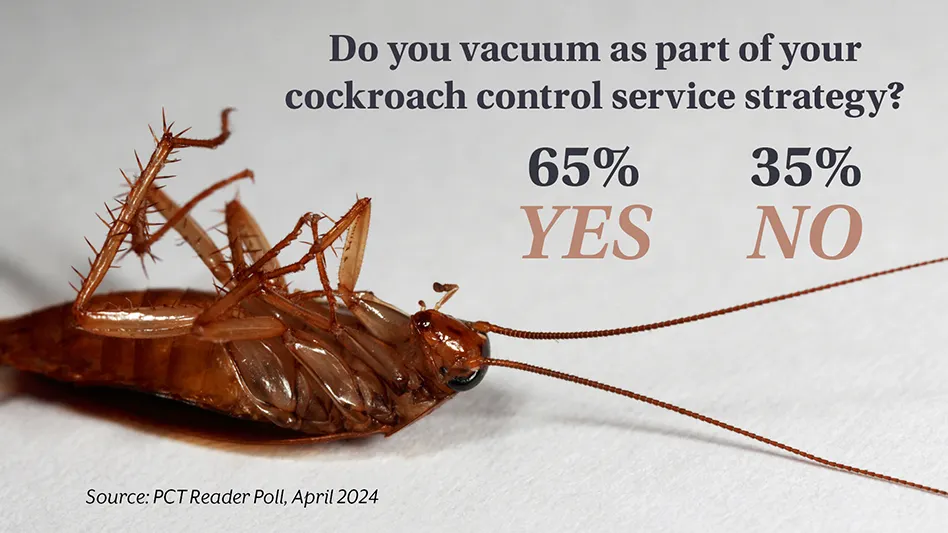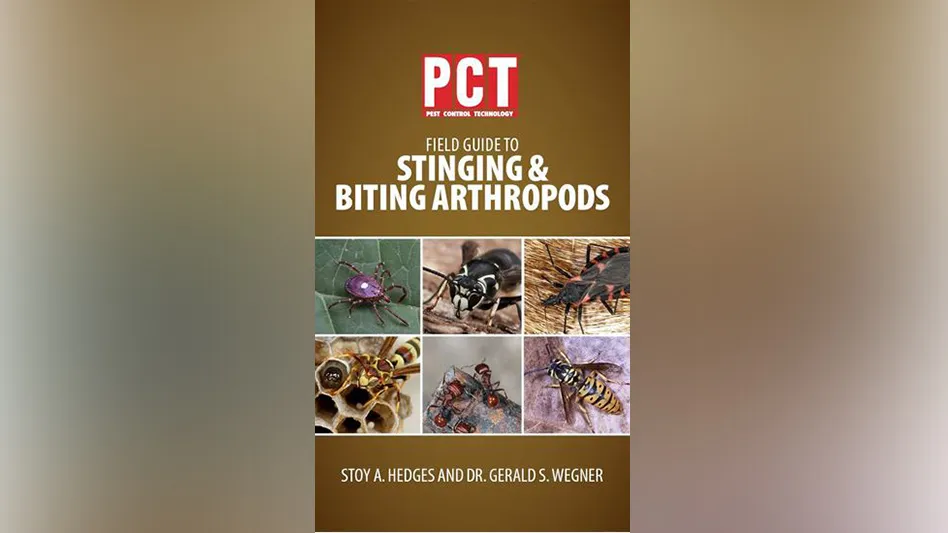Just as the PCT staff was putting the finishing touches on this month’s issue, the U.S. Commerce Department reported that housing starts fell 3.7 percent in November, with construction of single-family homes sliding to the lowest level in more than 16 years. It was yet another sobering reminder of the slumping U.S. housing market, which has been in decline the past two years (following a five-year boom).
At roughly the same time this slump began, in 2005, the Federal Housing Administration (FHA) of the U.S. Department of Housing and Urban Development (HUD) issued a policy meant to clarify when wood-destroying insect (WDI) inspections were required for government-guaranteed loans. Unfortunately, this poorly worded document has led many to assume inspections are no longer required. Add to the mix several consecutive years of below-average termite swarms throughout much of the country and the end-result is a termite industry that has been hit with a “perfect storm.” “All of these things by themselves we’ve survived over the years, but every single one of these issues is converging right now. That’s a problem,” said Rick Bell, vice president of government affairs, Arrow Exterminators, Atlanta.
At various industry meetings the PCT staff attends, as well as through conversations we’ve had with PCOs throughout the country, so many of our discussions have been about the ailing housing and termite markets that we decided to explore this topic more in-depth in this month’s cover story, “Housing Horrors,” written by PCT contributing writer Anne Nagro.
Nagro interviewed leading pest management professionals, as well as highly regarded professionals from the housing industry, and examined factors that have led to the housing decline and its ultimate impact on the pest control industry. The consensus is that there will be no quick fixes for the housing market mess, but that conditions will eventually improve. In the meantime, PCOs will need to be more innovative, creative and resourceful to overcome these challenges.
Solutions can be found within the termite market itself — being more diligent with lead generation and inspections. National Pest Management Association Technical Services Vice President Greg Baumann suggested targeting groups like lenders, real estate groups and building code officials. Middleton Pest Control’s Phil “Doc” Nichols, for example, noted that 80 percent of the termite work the company sells is preventive. Western Exterminator’s Debbie Byrne and Massey Services’ Adam Jones said there may even be opportunities to provide termite work on foreclosed homes before they go back on the market.
Solutions also can be found outside the termite segment, by offering new and innovative non-core services, targeting new markets, and focusing more on general pest control sales, approaches that companies like Western Exterminator, Arrow Exterminators and ABC Pest, Pool & Lawn Services all have used successfully. These companies have taken the steps necessary to survive the slumping housing market and they are the ones who most likely will prosper when it turns around.
So while the slumping housing market is a challenge in the present (and most likely will be in the foreseeable future), it’s encouraging to hear from PCOs who’ve analyzed the situation and have developed forward-thinking strategies for dealing with it. In many ways, this is the same entrepreneurial spirit that so many PCOs in our industry have used to build their companies from the ground up.
The author is Internet editor of PCT’s Web site, www.pctonline.com.

Explore the January 2008 Issue
Check out more from this issue and find you next story to read.
Latest from Pest Control Technology
- Viking Pest Control Organizes a Charity Bike Build for Local Families
- Gaining Control of Structure-Infesting Carpenter Ants
- Big Blue Bug’s Brian Goldman Receives Rhode Island Small Business Person of the Year Award
- UF Researchers Examine How Much Bait it Takes to Eliminate a Subterranean Termite Colony
- Women in Pest Control Group Continues to Grow, Provide Opportunities in the Industry
- NPMA Announces Results of 2024-2025 Board of Directors Election
- Massey Services Acquires Orange Environmental Services
- Hawx Pest Control Wins Bronze Stevie Award for Sustainability





